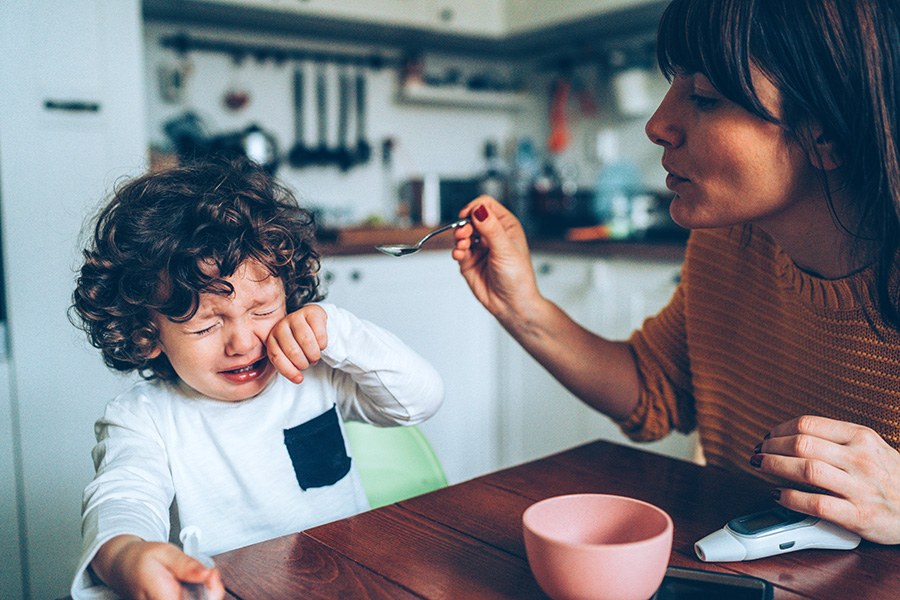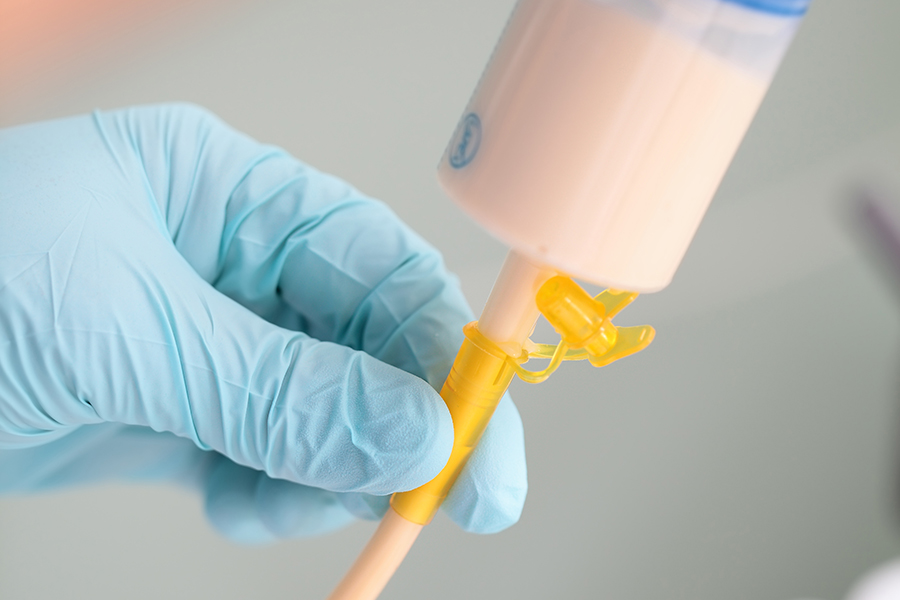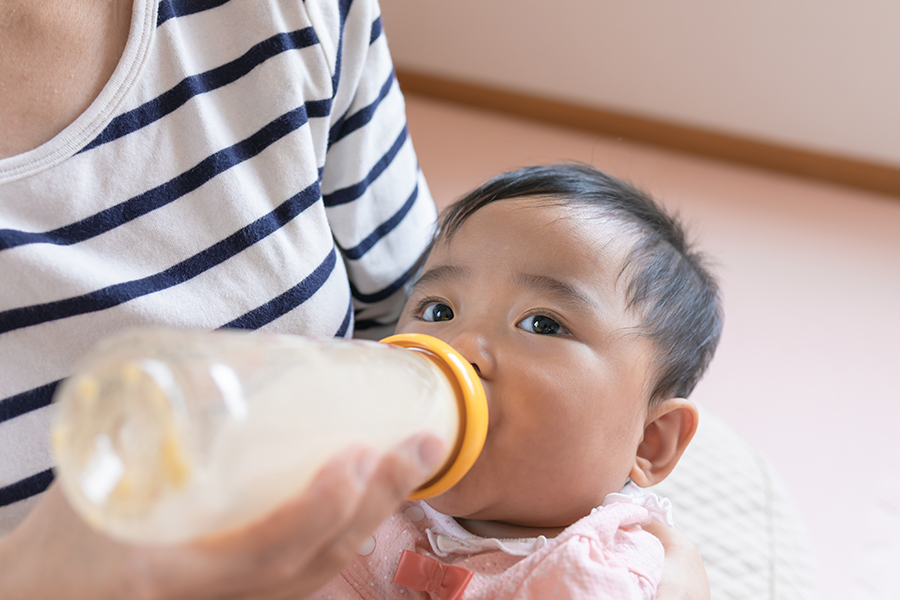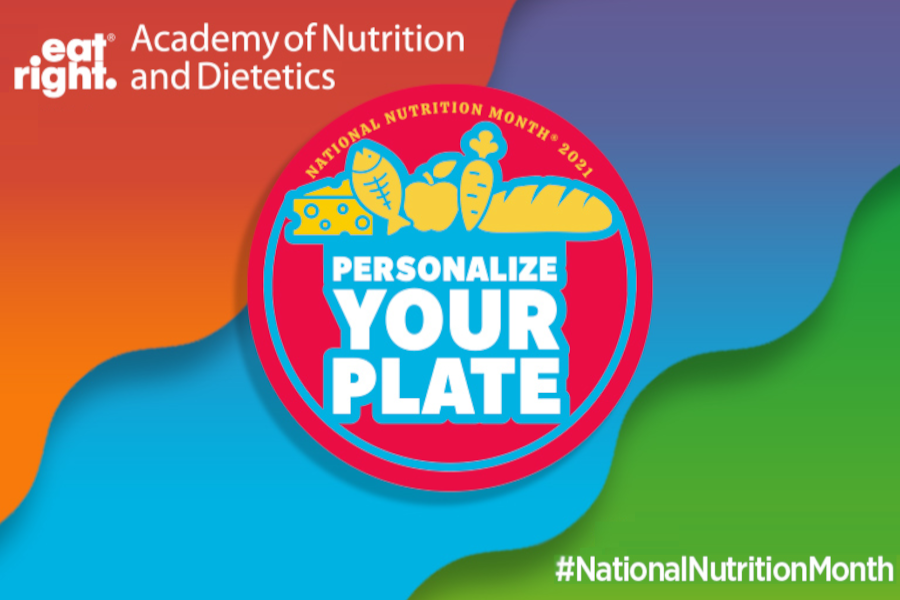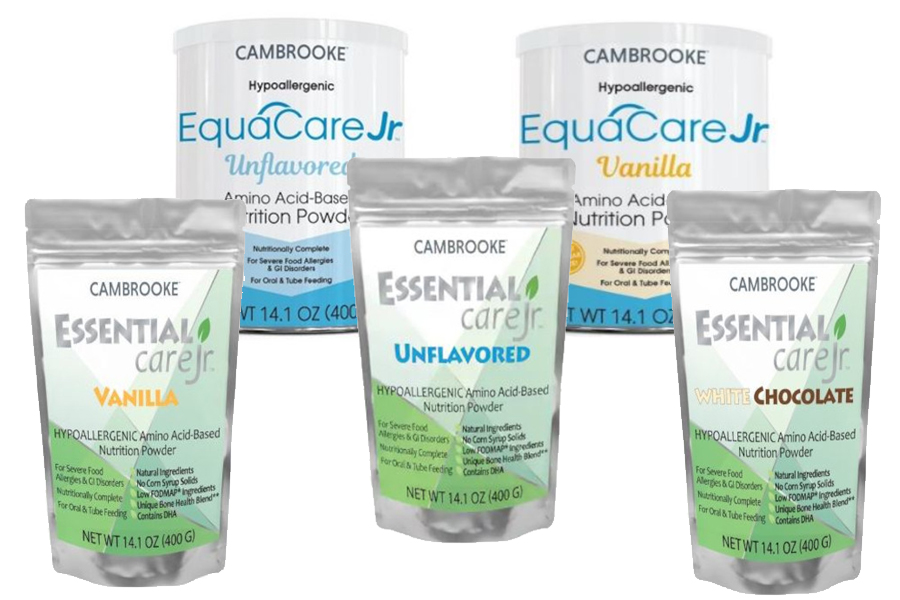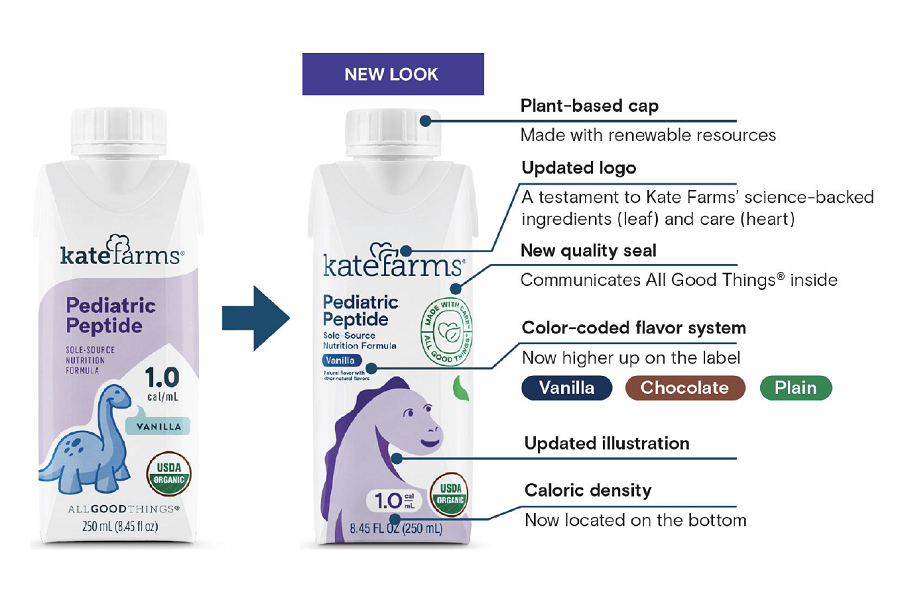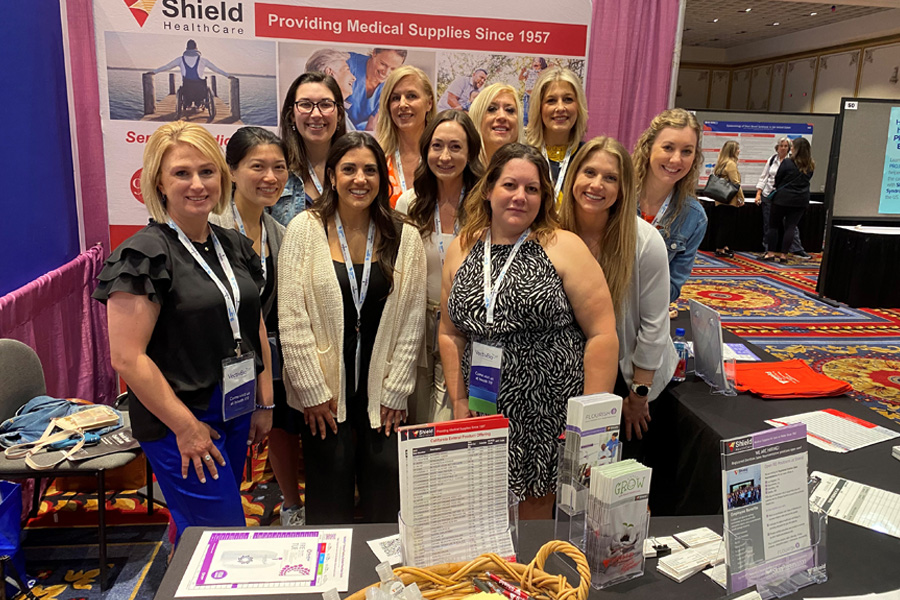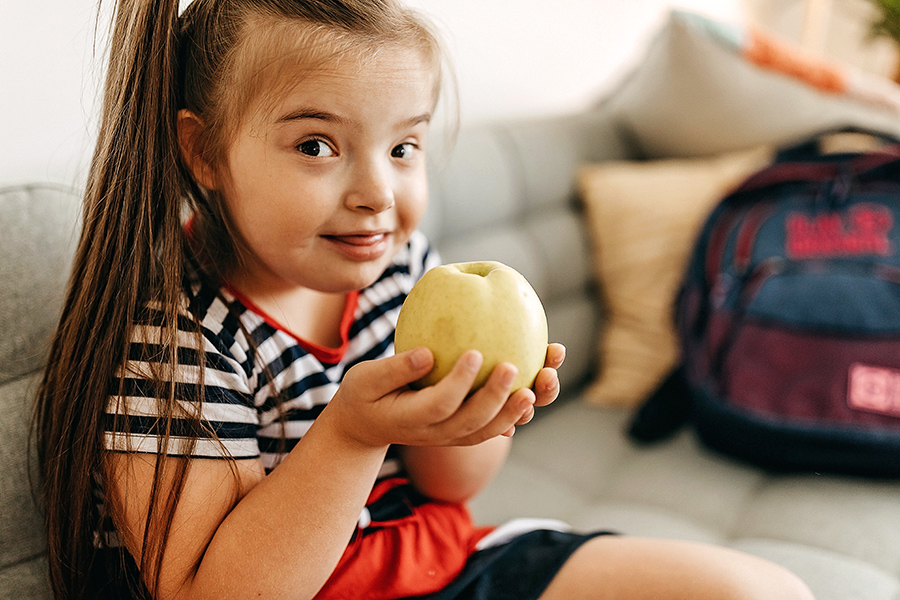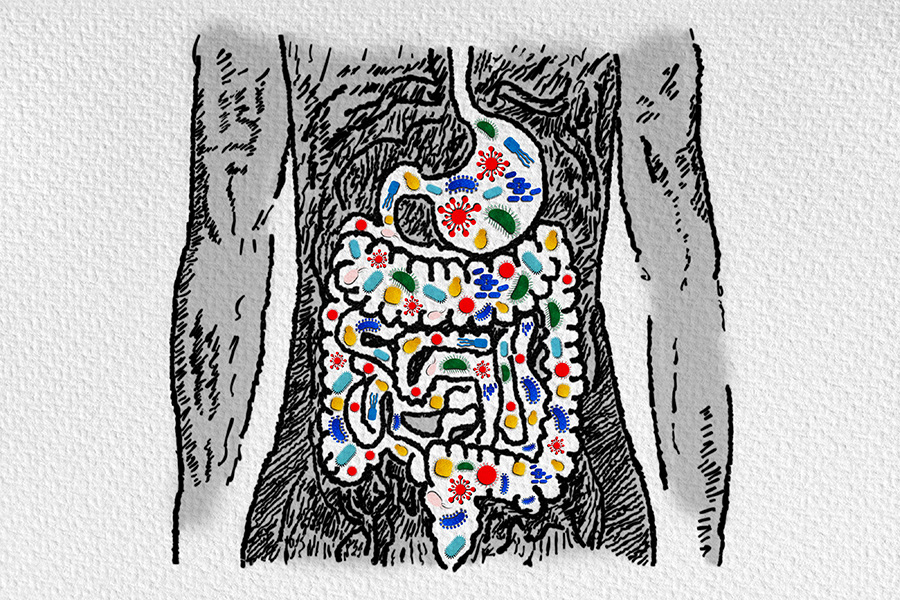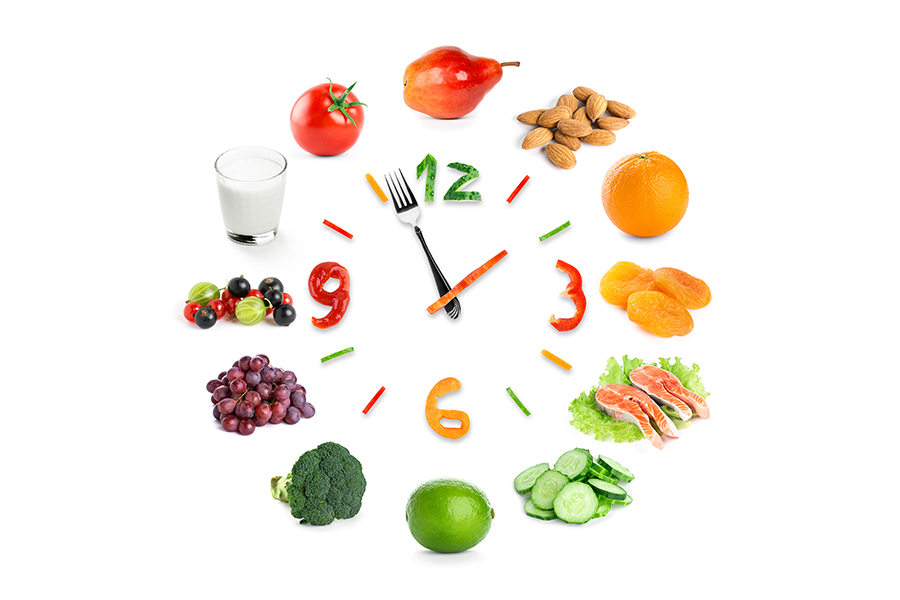The week before winter break, my son Charlie came down with a cough. Nothing to be concerned about initially. It was dry, sporadic, and his mood was good.
“At least he doesn’t have a fever,” I said to my spouse in an attempt to assuage the fears that were politely but insistently knocking at heart from past memories of trips to the ER due to illness.
Then he got a fever.
 It was fast and unrelenting and by the following day that dry cough had turned wet and mucus-filled – all the things you hope not to see. We took him to the doctor to be tested. He was negative for all the things. And yet…the coughing and fever persisted. So we settled in for the long haul and I attempted to keep his fever down and feed him as best I could.
It was fast and unrelenting and by the following day that dry cough had turned wet and mucus-filled – all the things you hope not to see. We took him to the doctor to be tested. He was negative for all the things. And yet…the coughing and fever persisted. So we settled in for the long haul and I attempted to keep his fever down and feed him as best I could.
It was the feeding part that worried me the most. You see, Charlie is a medically fragile child. After spending ten weeks in the NICU as an infant, he came home with a tracheotomy to protect his airways and ensure ease of breathing. The one thing all the medical specialists said to me was, “It’s a miracle he can still eat by mouth. What a superhero!” I wasn’t sure whether they were referring to me or him, but I felt it too. We were a team and together we would make certain he was nourished so he could grow and thrive so that one day the trach would be a thing of the past.
Except, he didn’t grow and thrive. After seven months of fighting every bottle feeding, weighing each washcloth for grams of breastmilk, and reporting negligible increases in growth, I was at a loss for how to fix this unfixable problem. Charlie made the decision for me. He quit – simply stopped eating altogether. This led to our first trip to the ER for a nasal gastric tube so that he wouldn’t dehydrate while we problem-solved. That answer, according to all the specialists? A gastrostomy tube. With the food, and therefore fuel, going directly into his stomach, he would get the nutrients he so desperately needed. Much like the trach, it would limit the work he would have to do to keep himself alive, so that he could focus on all the other skills infants needed to turn to toddlers to kids to adolescents to teens to adults. But first, we needed him to eat.
Charlie is nine now and trach and g-tube free. But when he gets sick, I still feel the weight of those early months when eating was so hard for him and then all the years that followed in feeding therapy where he learned to eat. I have gotten better, however, at viewing each meal as an experiment to be learned from rather than a battle to be conquered.
So how do you feed a medically-complicated child when they get sick?
Here are my best tips. Hint: Some are about your child, but others are also about you.
Tips for feeding your sick kid:
-
Lose the food rules.
Now is not the time to worry about fitting in all the food groups or refusing dessert until after dinner. If your kid wants Nilla Wafers for breakfast because crunchy foods feel better than mushy ones in their mouth, do it. If they want to have peanut butter by the spoonful without a single piece of fruit or vegetable, let them. The key here is to give them enough fuel to fight off whatever infection is at work. Nutrition can come later once recovery is underway. Also, nobody wants to fight when they are already sick and sad. Seize any moment of delight you can, even if it’s ice cream at ten a.m. and Oreos double dunked in milk in the middle of the night. Food is fuel to fight the sickness and it doesn’t matter what form it comes in.
-
Give them a choice.
The best advice Charlie’s feeding therapist ever gave me was to offer him at least two choices of foods at each meal or snack. This way, he can take ownership and autonomy over his eating. This is never more true than when your child is unwell. Charlie is mostly nonverbal, but he knows how to tell me what he likes. When he was sick this past winter, I made sure to offer him a selection of his favorites foods so that he could pick. He still didn’t eat much, but he ate more than he would have if I had presented him with a meal without his input.
-
Hydration is more important than calories.
If you’ve ever had the flu and completely lost your appetite, you know how hard it can be to eat much of anything. This is why people often lose weight during an illness. But weight loss is not a doctor’s primary concern. Their first priority is hydration. It can take weeks or months for malnutrition to set in, but dehydration can happen in a matter of days. So, push the fluids – water, Pedialyte, Gatorade, fruit will lots of water in it like watermelon and cantaloupe and oranges or if fresh fruit doesn’t work, try fruit squeeze pouches. Keep the liquids flowing.
-
Remember to take care of yourself too.
Whenever we had overnight stays in intensive care, the nurses would make sure to bring me blankets, the best snacks from the third floor, and an extra pillow for the reclining chair. At first, I rejected all these things. I was too tense with worry and adrenaline. But after a while, the words they kept repeating to me began to sink in: “You can’t take care of your child unless you take care of yourself.” They were right. You are no good to anyone if you aren’t sleeping or eating or snatching moments away to breathe and rest. Call in reinforcements – a spouse, another family member, a neighbor – to give you a break to reset, eat a hot meal, or take a shower or a nap. Parenting is not a sprint. You not only deserve to rest, you need it to keep going.
-
Worry Less.
I saved the hardest one for last. When your child is sick, you want to do anything in your power to make them better. But those of us with children with chronic illnesses know that what is in our power is very often not as much as we would like. Kids get sick. And when they do, all you can do is call your doctor. Take their advice. Keep your child hydrated and administer medicine as need to reduce the impact of symptoms. But after that, give yourself some grace, especially in the food department. In the case of the common cold or virus like Charlie had this year, it’s important to remember that it won’t last forever. Kids get sick, yes. But they also get better. So take the pressure off yourself to do everything perfectly.
I hope these tips help, but above all, I want to leave you with this one reminder: you are the expert on your child. Afterall, you’ve been doing this for years. Trust that you know how to care for them and for yourself during these times that feel extra hard, because you will get through it. You always do.

Jamie Sumner is a special needs mom, author and blogger.
Website: Jamie-Sumner.com
Twitter: @jamiesumner_
Author of the middle-grade novels:
You may also be interested in:







